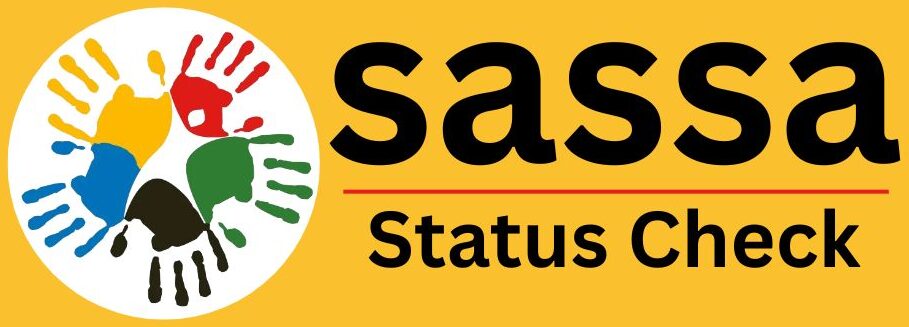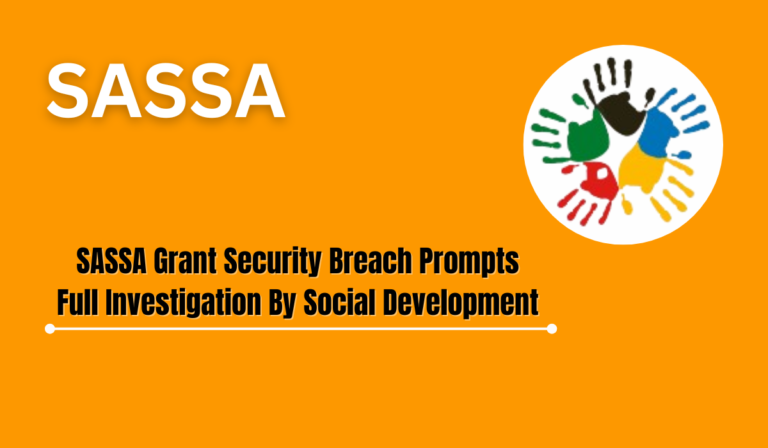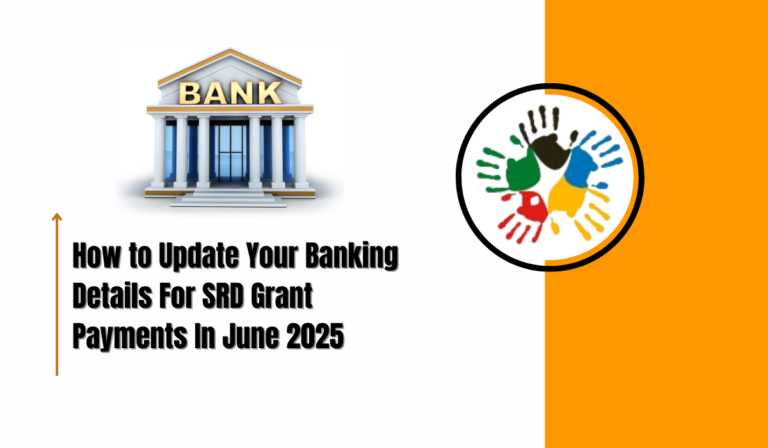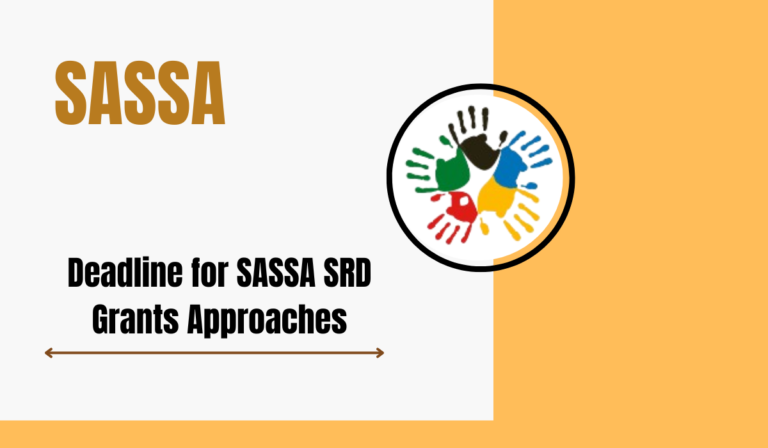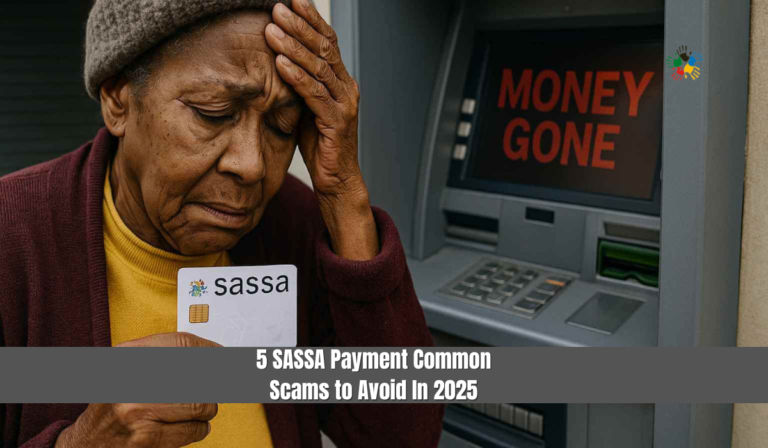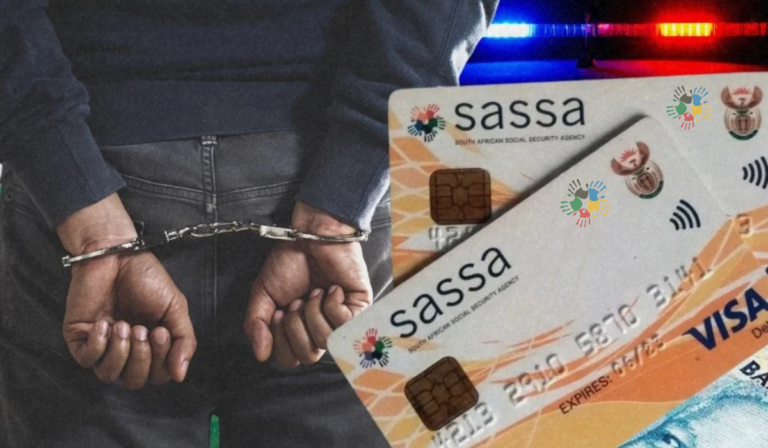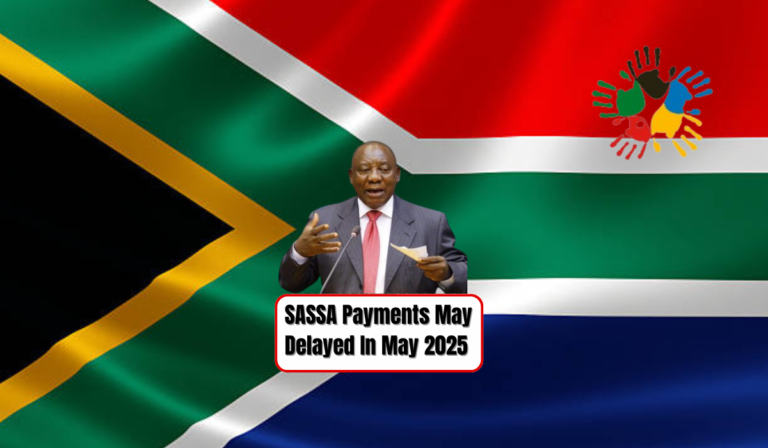SASSA And Treasury Granted Leave To Appeal SRD Grant Decision
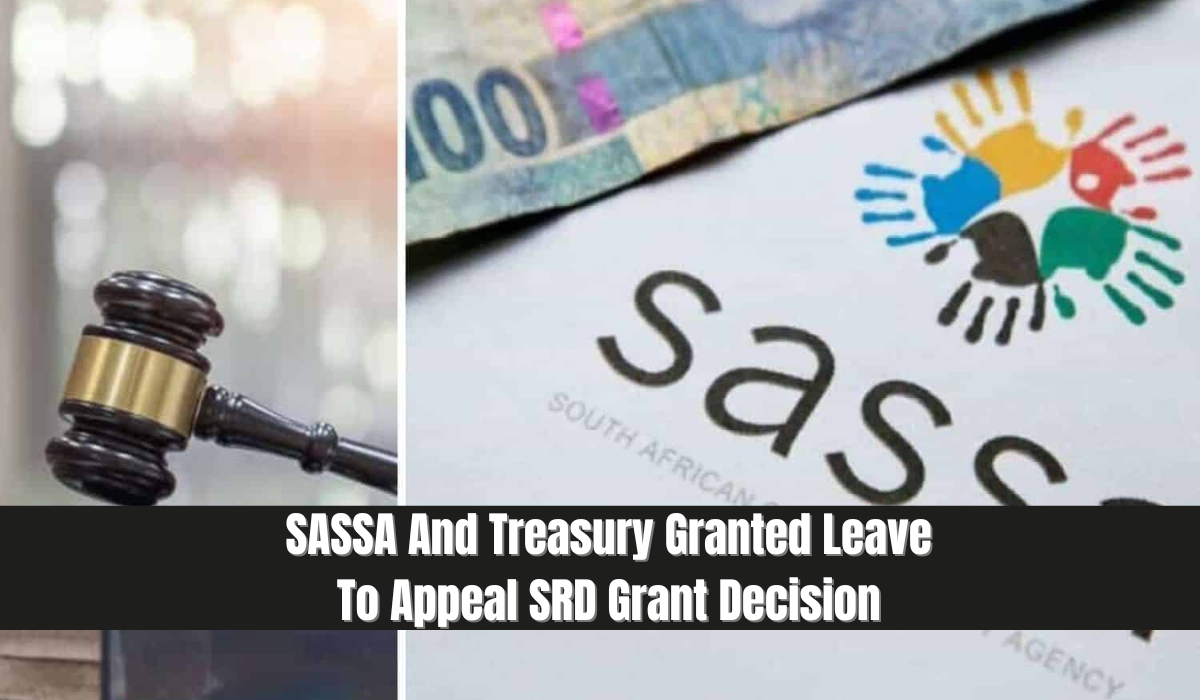
SASSA And Treasury Granted Leave To Appeal SRD Grant Decision. The South African Social Security Agency (SASSA) and the National Treasury have been granted leave to appeal a high-profile court ruling regarding the Social Relief of Distress (SRD) grant. The ruling, which came in January 2024, declared that some of the government’s regulations on the R370 SRD grant were unconstitutional and ordered changes to improve access to financial support for vulnerable South Africans.
However, due to the complexity and significance of the case, the Department of Social Development (DSD) and the Treasury have argued for a Supreme Court of Appeal (SCA) review. In this article, we will explore the background of the case, reasons for the appeal, and the potential impact on millions of South Africans.
The SASSA SRD Grant Appeal Case
The SRD grant, currently set at R370 per month, was introduced as a temporary relief measure to assist unemployed South Africans and those struggling financially due to economic difficulties. However, over time, concerns arose about accessibility, leading advocacy groups such as #PayTheGrants and the Institute for Economic Justice (IEJ) to challenge the government’s regulations.
Issues Raised in the Court Challenge
- Exclusion of Eligible Beneficiaries: Advocacy groups argued that the income threshold and application process prevented many needy individuals from accessing the grant.
- Unconstitutional Restrictions: The court ruled that certain regulations limiting access to the SRD grant were unconstitutional and needed to be amended.
- Increase in Grant Amount: The ruling also directed the government to increase the grant amount, acknowledging that R370 per month is insufficient for basic survival.
Court Ruling and Government Response
Judge Leonard Twala Ruling in January 2024
- Declared that the regulations restricting access to the SRD grant were unconstitutional.
- Ordered the government to increase the SRD grant amount.
- Directed the authorities to raise the income threshold, allowing more people to qualify.
Government Appeal Against the Decision
- March 2024: The Department of Social Development (DSD), SASSA, and the National Treasury appealed the ruling.
- Advocate Luyanda Mtshotshisa, representing the DSD, informed Parliament that the government believes the judgment is flawed.
- The High Court granted leave to appeal, meaning the case will now proceed to the Supreme Court of Appeal (SCA).
Why Did SASSA and Treasury Appeal the Ruling?
Complexity of the Case
- Judge Twala acknowledged that this case involves complex legal and financial issues that affect millions of South Africans.
- The government believes that policy decisions on social grants should be handled at the executive level, not dictated by the courts.
Financial Implications
- Increasing the SRD grant amount and expanding eligibility would place significant financial pressure on the National Treasury.
- The government argues that funding limitations must be considered before implementing any changes.
Ensuring Proper Legal Process
- The government contends that the High Court ruling requires a second opinion from the Supreme Court of Appeal.
- The appeal is aimed at clarifying whether the judiciary has the power to dictate social grant regulations.
Impact of the Appeal on SRD Grant Beneficiaries
| Scenario | Implication for Beneficiaries |
|---|---|
| If the Appeal is Successful | The High Court ruling may be overturned, meaning there will be no immediate changes to the grant amount or eligibility rules. |
| If the Appeal is Rejected | The government will be forced to implement the changes, increasing the SRD grant amount and expanding eligibility. |
| Delays in Implementation | Until the appeal is concluded, grant beneficiaries must continue applying under the current system without any immediate increases. |
What Happens Next?
Supreme Court of Appeal (SCA) Proceedings
- Judge Twala emphasized that due to the case’s complexity and its impact on nearly 30% of South Africa’s population, it requires review by a higher court.
- The SCA will assess whether the original ruling was legally sound and whether the government’s arguments are valid.
Possible Timeframe for a Decision
- The exact date for the appeal hearing has not been set.
- Given the legal process and administrative delays, a final ruling could take several months to a year.
Public Reaction and Advocacy Group Responses
PayTheGrants and IEJ’s Position
- Advocacy groups are disappointed by the appeal, arguing that it delays much-needed financial relief for South Africans in need.
- They continue to push for the implementation of the High Court’s ruling, emphasizing that R370 is not enough for basic survival.
Government Justification
- The government insists that budgetary constraints must be considered before implementing any increase.
- They argue that any changes to social grant regulations must be sustainable.
What Should SRD Grant Beneficiaries Do in the Meantime?
While the legal battle continues, current SRD grant beneficiaries should continue applying and reapplying every month to ensure they receive their payments. Here are some key points to remember:
- Check SRD Grant Status Online: Visit www.srd.sassa.gov.za to track application status.
- Ensure Bank Details Are Updated: If banking details are incorrect, update them on the SASSA website to avoid delays.
- Stay Updated on Grant Payment Dates: Follow official SASSA announcements for payment schedules.
- Contact SASSA for Assistance: If you encounter issues, call the SASSA helpline at 0800 60 10 11.
Conclusion
The legal battle between SASSA, Treasury, and advocacy groups over the SRD grant regulations is far from over. While the High Court initially ruled in favor of grant beneficiaries, the government’s appeal means that changes might not happen soon.
